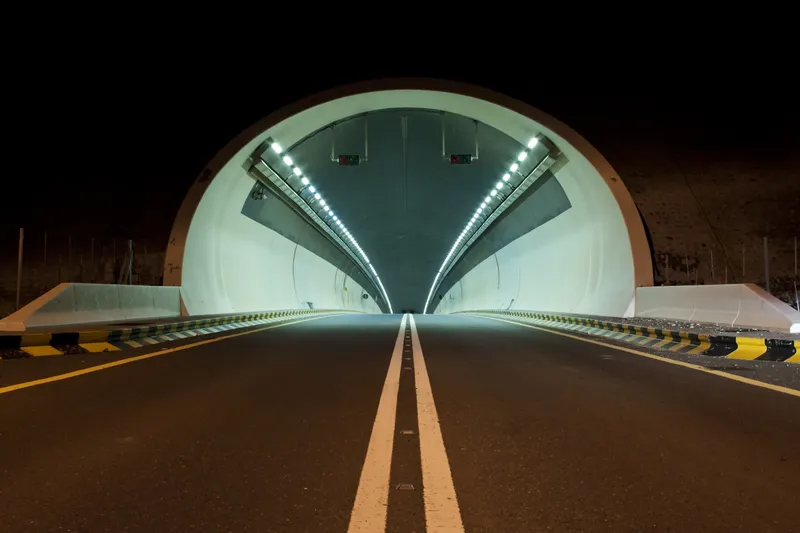Kapsch TrafficCom has won an order, valued at just over US$355.5 million, for the implementation and operation of a nationwide electronic toll collection system in the Republic of Belarus. The agreement signed by Erwin Toplak, COO of Kapsch TrafficCom, and Ivan I. Shcherbo, Minister for Transportation and Communication of the Republic of Belarus, extends over a total road network of 2,743km and is for both the implementation of a dedicated short-range communication-based system as well as its operation over
June 19, 2012
Read time: 2 mins

$33 million contract in France
Just three days after signing the Belarus contract, Kapsch concluded an agreement with leading French toll service provider Axxès for the supply of Global Navigation Satellite System (GNSS) technology on-board units (OBUs) and central solutions for the French Ecotaxe project. This is a nationwide distance-based truck charging system to be implemented on 15,000km of French roads from mid-2013 onwards. The contract value is over US$33 million. “This is the largest win in the GNSS technology in the history of Kapsch TrafficCom,”says André Laux, member of the executive board of Kapsch TrafficCom. “This initial contract award also secures a significant contribution of Kapsch TrafficCom to the Ecotaxe project,” Laux adds.








